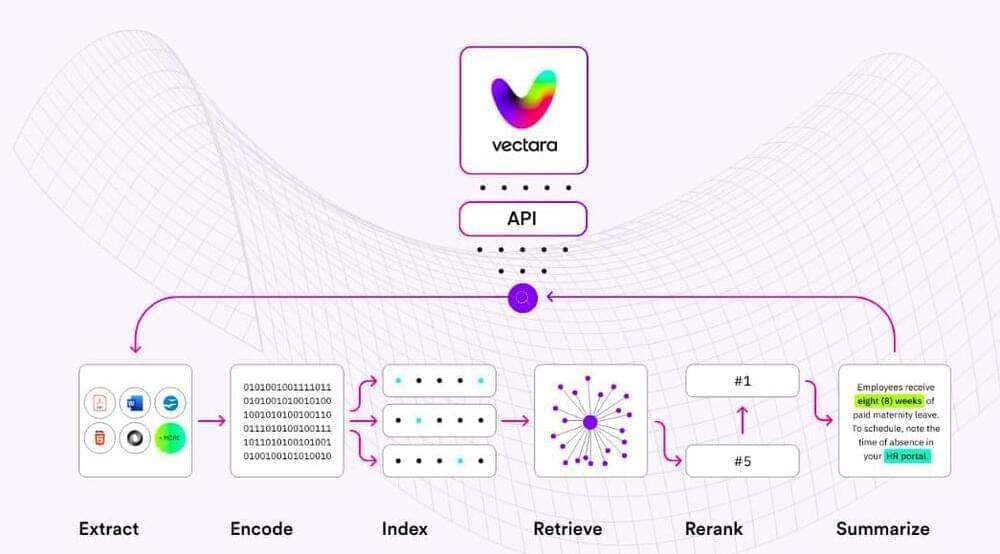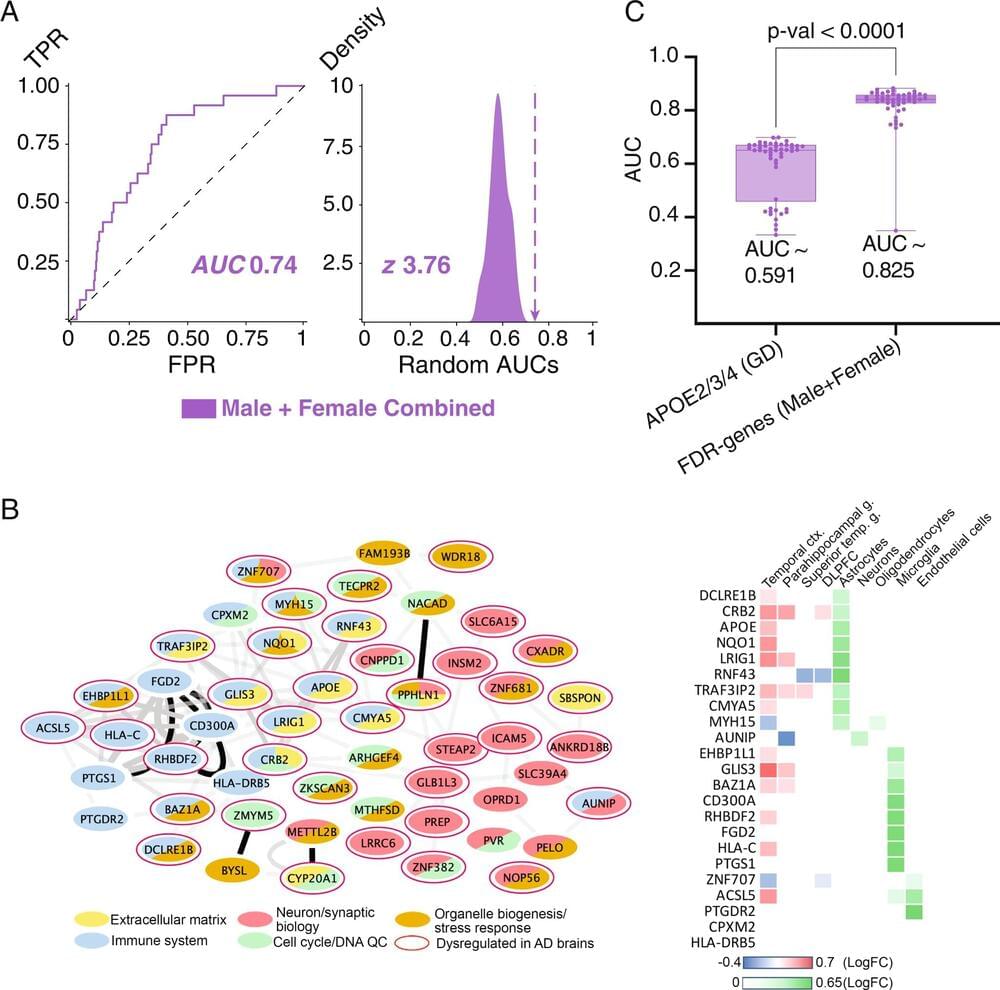Is the Quantum for Bio Program Director, at Wellcome Leap (https://wellcomeleap.org/our-team/elicakyoseva/), a $40M +$10M program focused on identifying, developing, and demonstrating biology and healthcare applications that will benefit from the quantum computers expected to emerge in the next 3–5 years.
Wellcome Leap was established with $300 million in initial funding from the Wellcome Trust, the UK charitable foundation, to accelerate discovery and innovation for the benefit of human health, focusing on build bold, unconventional programs and fund them at scale—specifically programs that target global human health challenges, with the goal of achieving breakthrough scientific and technological solutions.
Dr. Kyoseva completed her Ph.D. in Quantum Optics and Information, at Sofia University in Bulgaria, and then moved to the Center for Quantum Technologies in Singapore as a postdoc. Three years later, she established her own research group in Quantum Engineering at the Singapore University of Tech & Design and subsequently spent a year at MIT (Cambridge, USA) as a Research Fellow in the Nuclear Science and Engineering Department doing research on quantum control and engineering.
In 2016, Dr. Kyoseva was awarded a Marie Curie fellowship for research excellence by the European Commission with which she relocated to Tel Aviv, Israel and continued her research in robust control methods for Quantum Computing at Tel Aviv University. Since the beginning of 2020 she served as an Entrepreneur in Residence and Advisor at a venture capital firm and was instrumental for their investments in quantum computing startups. In September 2020, she took a senior role with Boehringer Ingelheim to develop applications of quantum algorithms to the drug discovery process working on the cutting edge of applied quantum computing technologies to improve the lives of both humans and animals.
Additionally to her scientific career, Dr. Kyoseva is very passionate about ending gender inequality in the STEM fields and served as a STEM Ambassador to the UN Women Singapore Committee for 2 years. Currently, she is the Managing Director for Israel of the global non-profit organization Girls in Tech and on the Advisory Board of She Quantum and works towards encouraging more girls and women to pursue a career in Quantum Computing.






